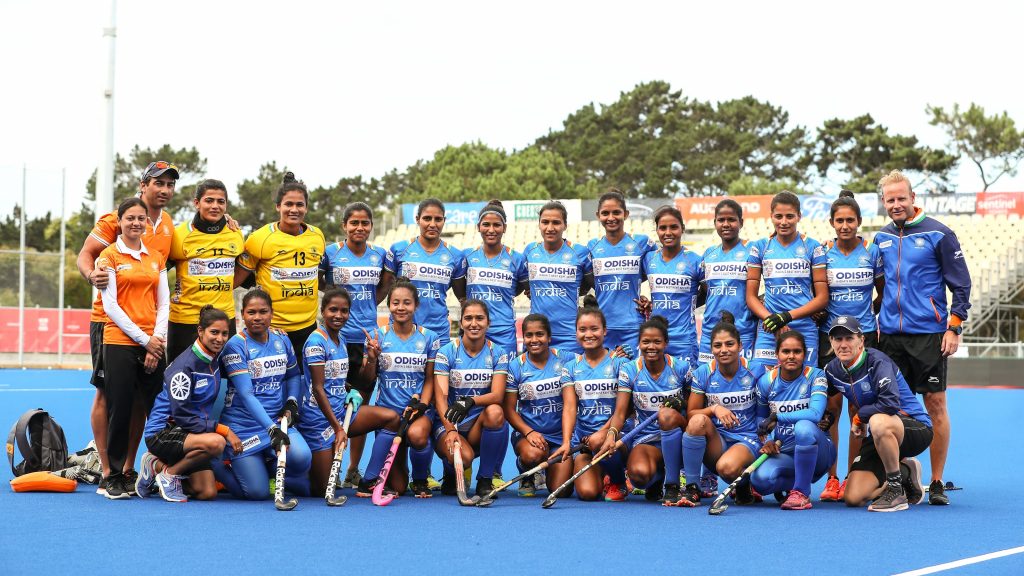New Delhi: Former chief coach Neil Hawgood believes the current Indian women’s hockey team has become a mentally tough unit under incumbent Sjoerd Marijne. Neil Hagwood has pointed out that it is a good sign ahead of the Tokyo Olympics. Hawgood was in charge of the Indian women’s team in two separate stints between 2012 and 2016. He acknowledged the growth of Rani Rampal and Co under Marijne.
“Sjoerd (Marijne) has done an amazing job in elevating the team’s level. The current team are mentally tougher than previous years,” the Australian was quoted as saying in the latest episode of ‘Hockey Te Charcha’. It is a podcast series initiated by Hockey India (HI) ahead of the Tokyo Games.
“Earlier, if the team conceded an early goal then it created a worrying situation which could lead to a heavy defeat. In a similar situation now, the team are calm and confident. They know that they can come back into any game. I am delighted to see that the team has kicked on and reached another level since my time,” Hagwood added.
Under Hawgood, the Indian women’s hockey team had qualified for the 2016 Rio Olympics after a hiatus of 36 years.
Also read: Biju Patnaik Sports Award 2020: Jayanti Behera, Deep Grace Ekka bag top honours
Hagwood also reflected on his time at the helm. “When I was first appointed, I felt everything was in place in terms of structure to build upon. Our intention from the start was to build a team for the future. We never felt the need for an overhaul, but my team and I implemented minor changes,” Informed the former coach.
“I suppose the biggest change we made was in the way the team train. Lot of players at that time would train while injured to avoid losing their place in the team. But we placed emphasis on rehab and taking time to heal so players could train at the highest level. Our biggest success wasn’t changing the hockey, it was changing the training methods,” Hagwood added.
Hawgood feels lack of matches leading up to the Olympics due to the Covid-19 pandemic might be a cause of concern for teams like India, Australia and Argentina unlike their European counterparts.
“It’s going to be tough on the teams from the southern hemisphere like Australia, India and Argentina. It is because they haven’t played much hockey recently. The European teams have all been playing regular test games amongst each other so they have that match practice,” Hagwood pointed out.




